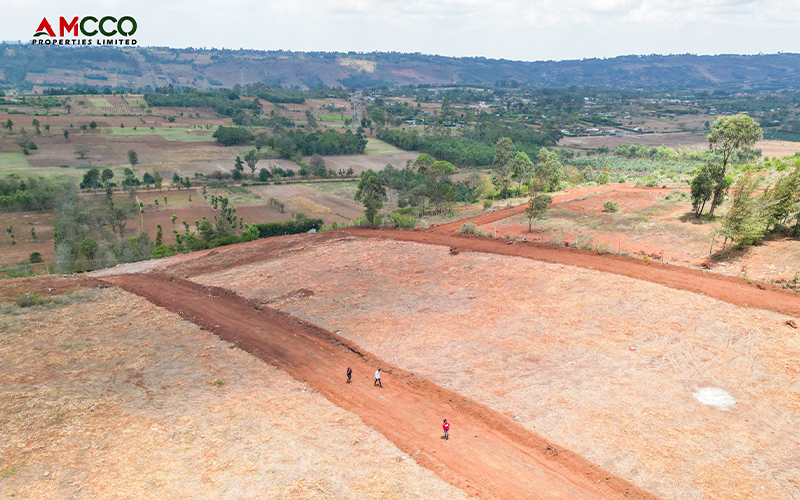How The Property Of A Deceased Is Handled
When someone dies who initially owned a piece of land, someone called the ‘executor’ or administrator takes over the situation and pays the deceased person’s taxes and debts that he or she might have had initially.
They also take on the responsibility of distributing their money only to people who were entitled to it or who have been referred to in the will.
This informative blog looks at how the property of the deceased is handled after their departure.
If at all it happens that the deceased person who left didn’t leave a will behind and an administrator is appointed by the court, this very person will take responsibility for the person’s estate.
Not only are they accountable for the property, but for the entire estate administration process after someone has died.
This involves following the wishes set in the Will or distributing the estate as per the rules of intestacy that are in law when there is no will.
In addition to that, dealing with the property of someone who has died involves estate administration, which involves selling and transferring assets, preparing tax forms, paying any Inheritance Tax due, and much more, as described above and below.
The role of an Executor or administrator is one that shouldn’t be taken lightly, as they are financially and legally responsible for the correct distribution of the estate.
Executors and Administrators are not obliged to take on the responsibility, and they can choose not to accept the role if they wish.
They are also at liberty to seek professional advice so that they can also make the right decisions.
On Property Distribution, If the deceased held property in their sole name and left a valid will dealing with the property, then the property usually passes to the next in line on the will.
If the deceased left no valid will or a will that did not deal with the property, it is dealt with under the law of intestacy.
The law of intestacy states that the deceased’s property is to be provided for distribution to any surviving spouse(s); if there are none, then children come in first, and if there are none, then it goes to the next of kin.
If the deceased person owned property or land with another person, the property is automatically passed to the next surviving joint.
More importantly, if the deceased was getting benefits, then you should consider informing the bereavement service.
On land or Property Sale, one will ensure thus the beneficiary that the room or place is completely empty thus cleared of all furniture and personal items prior to completion.
Sometimes, this includes white goods and furnishings such as curtains; generally, all house decor goes.
There’s also no time limit as to when the house can be sold. However, you cannot complete a sale until probate has been granted. which actually takes six weeks after the death of the person.
And lastly, speaking of taxes and paying debts, the one who takes over the deceased’s items has the responsibility to pay off any debts the deceased initially had because, as of now, they are taking over from where the person left, hence complying is mandatory unless and until it is beyond control.
This is because you will also be getting money that was owed to the deceased, such as tax rebates, life insurance, and money from other investments that he or she had.
If you can pocket this, why not pay the few cents that you are being charged?
READ: DIFFERENCE BETWEEN TESTATE SUCCESSION AND INTESTATE SUCCESSION




